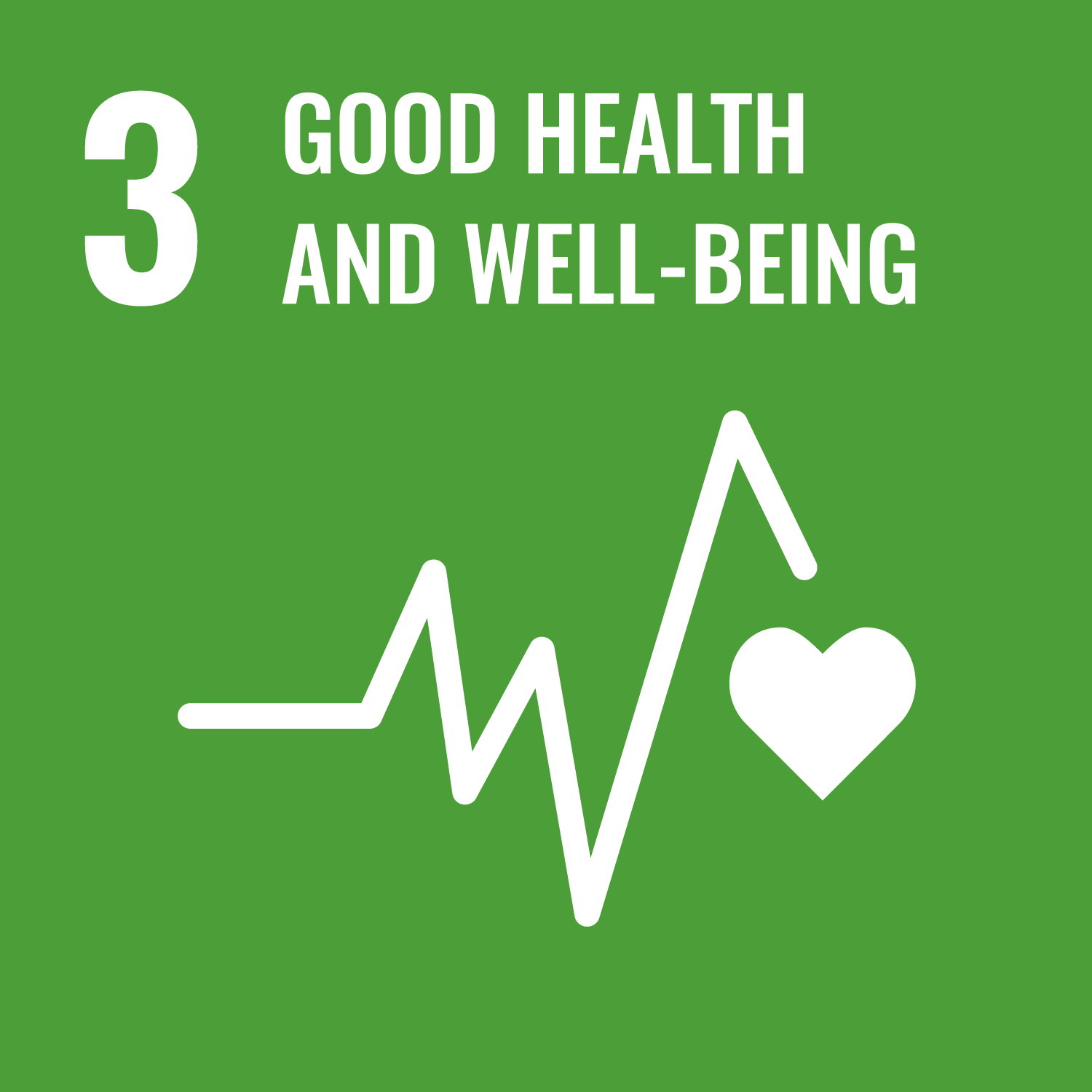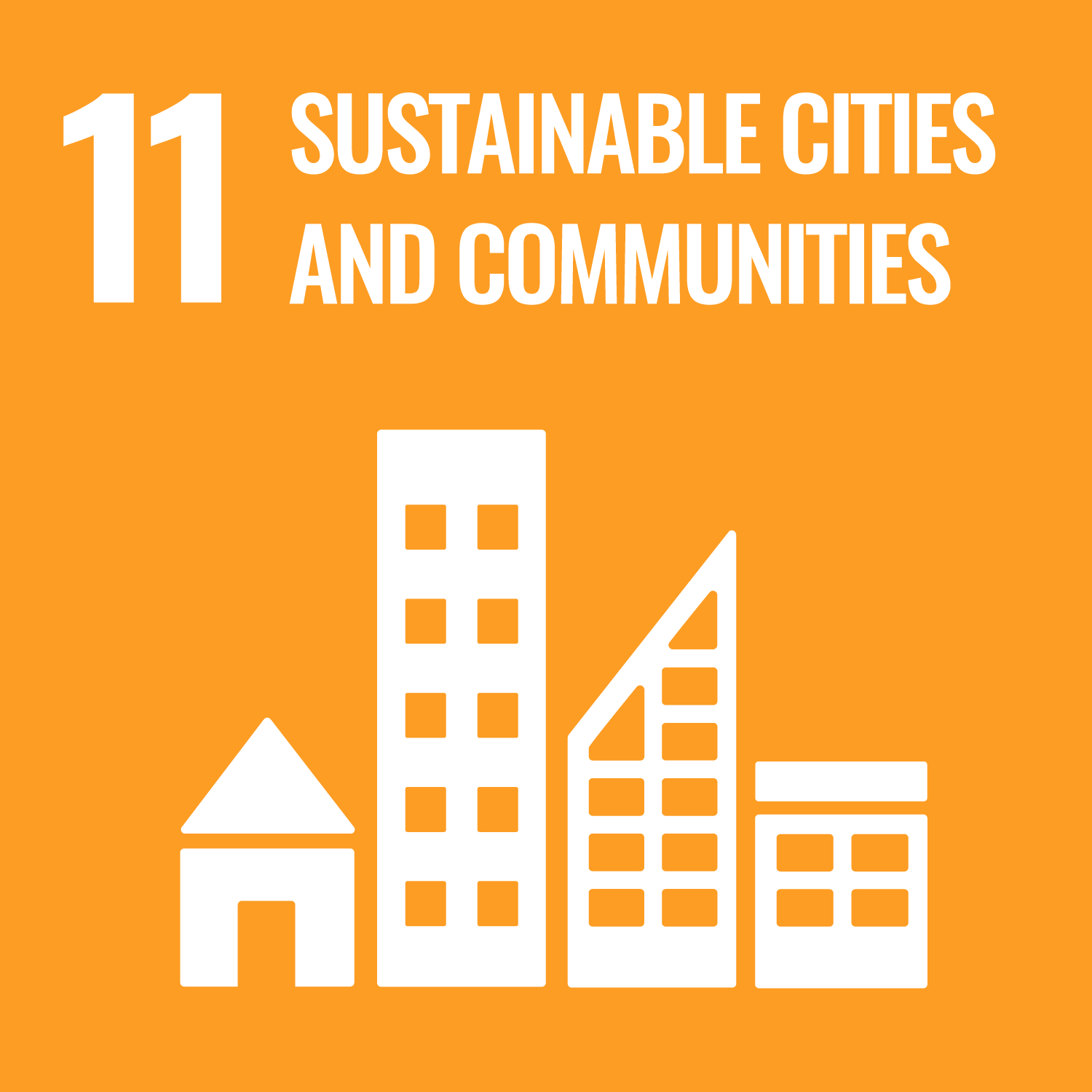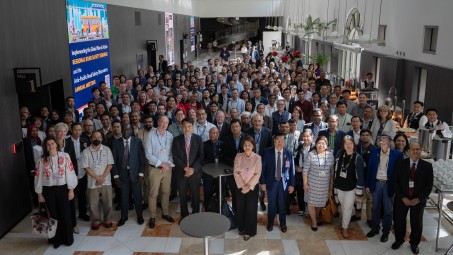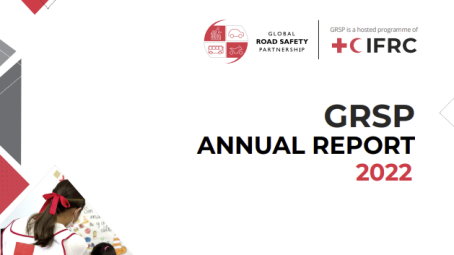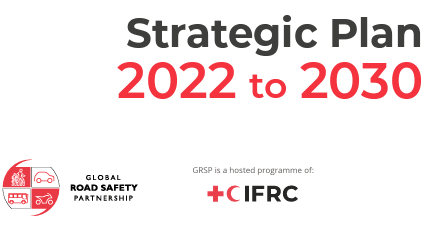Top Ten Lessons from Bloomberg Philanthropies’ Police Enforcement Expert Meeting
From the Bloomberg Philanthropies Public Health team
On February 27, police officers from Australia, Ireland, Moldova, the United Kingdom and the United States convened at Bloomberg Philanthropies to help strategize how to work effectively with road police to reduce road traffic fatalities and injuries. The Global Road Safety Partnership, together with experts in road policing and Bloomberg Philanthropies’ road safety partners, shared experiences and lessons learned from their time supporting road policing efforts around the globe.
It was the first time many of these experts convened, and what ensued was a powerful example of collaborative knowledge sharing yielding amongst other outcomes, ten top lessons:
- In order to work well, road police need high-level political support from their municipal and state government officials
- It’s not just about the police; partnerships are needed with the community, politicians, health providers, and more.
- In many jurisdictions there are not enough road police officers. Research into the optimal number of road police officers for a given population could help advocate for enhanced road safety efforts.
- Because current road fatalities and injuries are significantly under reported, with better police enforcement a city may notice an increase in the number of fatalities or injuries at first.
- Finding the right balance between deterrence efforts and education versus penalties for those caught violating road safety laws can help improve road user behavior and maintain community support for road safety efforts.
- Governments should consider the branding of “road police” to increase their profile and value – even a new name for the force or uniform can help.
- Police forces should incorporate automated enforcement – such as breathalyzers, speed cameras and radar guns – when it fits within a cost effective strategy for reducing road traffic fatalities and injuries.
- Police forces representative of their community’s gender and racial makeup may be more effective.
- Media plays an important role. Media advocacy is needed to support the work of police and inform the public of their efforts (e.g. citizens may think enforcement of road safety laws such as seat-belt wearing is just a ploy to get additional revenue).
- Low- and middle-income countries may have fewer resources, but enforcing road safety laws is a win-win-win scenario: it generates revenue for the municipality, prevents associated healthcare costs from road traffic injuries, and prevents premature death and the loss of productive working years from road traffic injuries.
